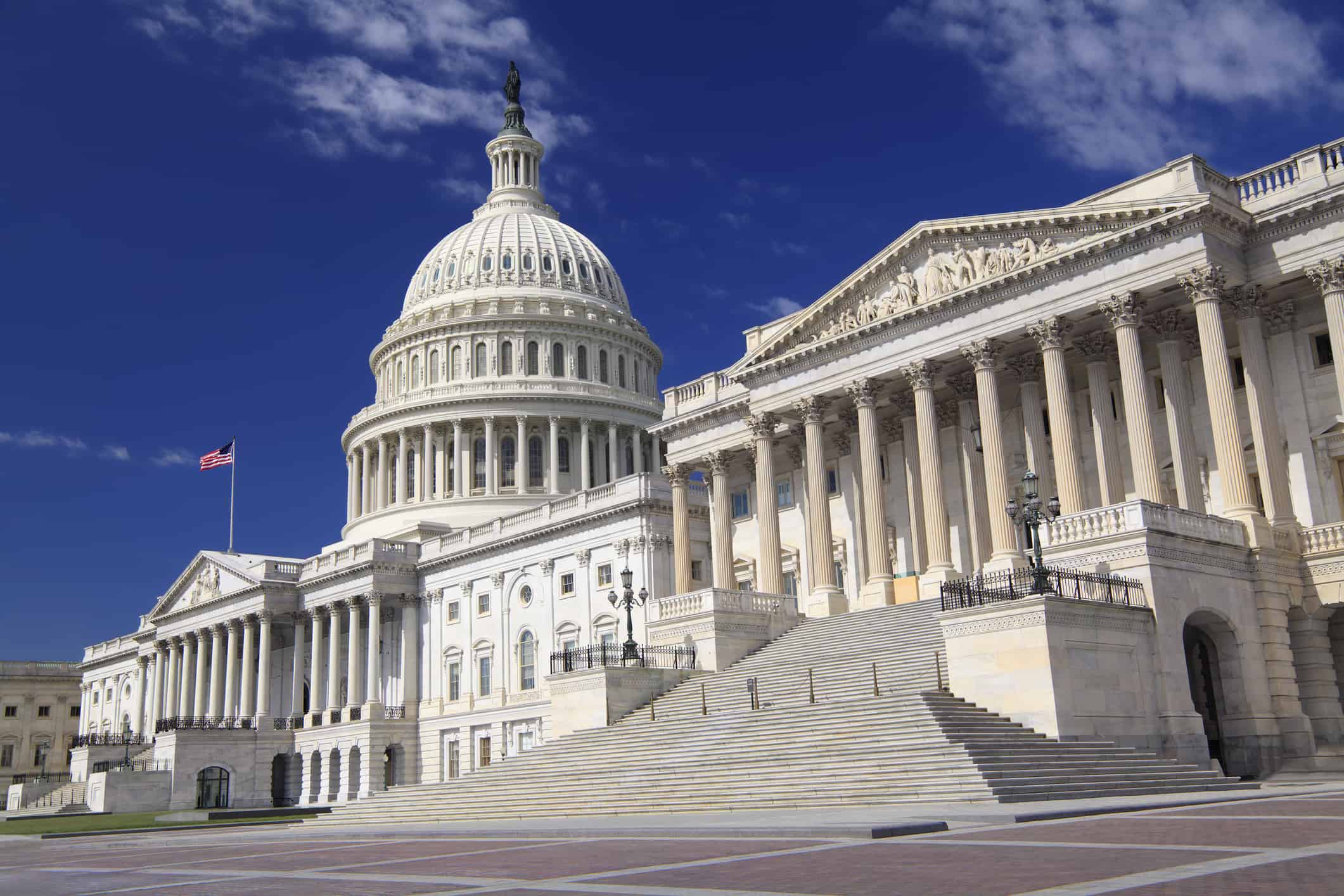Resources for Making the Case against Carbon Taxes

 Thanks to everyone here in Washington, D.C. who was able to attend the Competitive Enterprise Institute’s most recent Capitol Hill briefing, The Case Against Carbon Taxes. We hope that everyone found the discussion interesting and informative. My colleague Canyon Brimhall and I wanted to share a few follow-up resources that were highlighted at the event.
Thanks to everyone here in Washington, D.C. who was able to attend the Competitive Enterprise Institute’s most recent Capitol Hill briefing, The Case Against Carbon Taxes. We hope that everyone found the discussion interesting and informative. My colleague Canyon Brimhall and I wanted to share a few follow-up resources that were highlighted at the event.
First, we recommend Jim Lucier’s study, “The Carbon Tax: An Analysis of Six Potential Scenarios” and the related study “How Federal Carbon Tax Would Hurt State Budgets.” Here are the topline messages from the first study:
- A carbon tax will not be pro-growth. Most carbon tax scenarios reduce GDP for the entirety of the 22-year forecast period. Better than break-even economic performance may not be possible unless revenue is devoted entirely to corporate tax relief. A lump-sum rebate results in lost GDP equal to between $3.76 trillion and $5.92 trillion over the 22-year forecast period.
- A carbon tax is not an efficient revenue raiser for tax reform. Using standard scoring conventions, a carbon tax is likely to only produce net revenue available for tax reform of 32 cents on the dollar.
- No carbon tax modeled is consistent with meeting the long-term U.S. Paris Agreement committments. As a standalone policy, consistent with World Bank and IEA estimates, all carbon tax scenarios analyzed are far off of the trajectory the Paris Agreement sets for 2040, undermining claims that a tax-for-regulation swap will satisfy emissions commitments.
- Depressed GDP leads to long-term fiscal challenges, with particular stress on states. Persistent reductions in economic performance lead to trillions of dollars in lost GDP, thereby reducing state tax revenues and straining state budgets. The average annual burden on the states and local government during the first 10 years of the tax would range from $18.9 to $30.6 billion.
Second, we’d like to direct your attention to the coalition letter opposing any carbon tax led by Americans for Tax Reform. While featuring six pages of distinguished signatories, the text of the letter itself consists solely of this paragraph:
Dear Members of Congress,
We oppose any carbon tax. A carbon tax raises the cost of heating your home in the winter and cooling your home in the summer. It raises the cost of filling your car. A carbon tax increases the cost of everything Americans buy and lowers Americans’ effective take home pay. A carbon tax increases the power, cost and intrusiveness of the government in our lives.
Third, CEI’s recently released video “The Carbon Tax Scheme, Explained,” featuring Senior Fellow Marlo Lewis, lays out the argument against a carbon tax in a crisp, straightforward three minutes:
See also Marlo’s six-page OnPoint, “A Citizen’s Guide to Climate Change” and the recent blog post: “Reuters Poll: Do Americans Want Aggressive Action on Climate?”